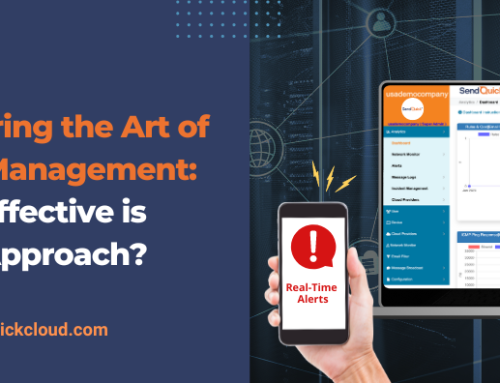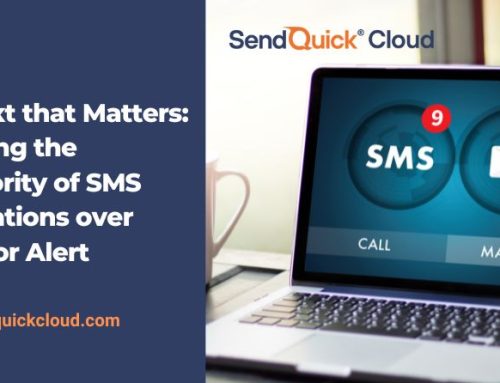Alerts are abnormalities detected by IT monitoring systems. IT staff in companies assess whether these anomalies can lead to issues in the company’s operations.
Alert management is a key part of the alerting process. Managing alerts ensures that issues are brought up at the right time to the right entity so that threats are taken care of with the least amount of delay. An IT alert management system is a tool that allows users to consolidate alerts from various systems and manage them to create a more organized and efficient alerting system. This article will explain why your company needs a robust alert management system.
Reducing Downtime
System downtime is a nightmare for all businesses as it leads to dissatisfied customers and an unplanned halt in the business’s operations. An IT management system can automatically send alerts to the relevant personnel as soon as a problem occurs, giving employees time to fix the issue before it impacts consumers or causes significant financial losses.
Reducing Workload
Alert management involves sifting through hundreds of alerts from multiple IT systems, consolidating and filtering them so that only important and relevant warnings are sent out. In most companies, managing these alerts manually becomes impossible as modern businesses rely on multiple complex and intricate systems to keep their operations running smoothly.
This means that companies need a tool that can handle all the tedious tasks that come with alert management reliably. Incorporating an IT alert management system can help reduce the workload of sorting through these alerts and shift the burden onto a reliable automated system.
Reducing Information Overload
Most companies have multiple IT monitoring systems that send alerts for any abnormalities detected. Many of these notifications tend to be inconsequential to the company, leading to information overload for staff as it becomes difficult to sort through all the messages sent over time.
Alert fatigue can set in, causing important alerts to be missed because employees are accustomed to receiving alerts regularly and may not thoroughly check each one. IT alert management systems can filter out irrelevant alerts based on configurations set by IT staff. This dramatically reduces the volume of alerts that come through the system, alleviating information overload.
These are just a few advantages that IT alert management systems can give your business. All these features and more are offered by SendQuick Cloud, a comprehensive and reliable IT alert management system.
On top of its email filters to filter out unnecessary alerts, it has additional features like omnichannel messaging, which allows you to send alert messages to your employees through multiple platforms. It acts as an email to SMS gateway can help you automatically convert email alerts into text, to send to employees over multiple channels. It also offers roster management, which allows IT staff to configure alerts to be sent based on the shifts that employees are working on. Overall, in today’s environment, a reliable and robust IT alert management system like SendQuick Cloud is essential for every IT team.
Contact Us or find out more at https://www.sendquickcloud.com/




